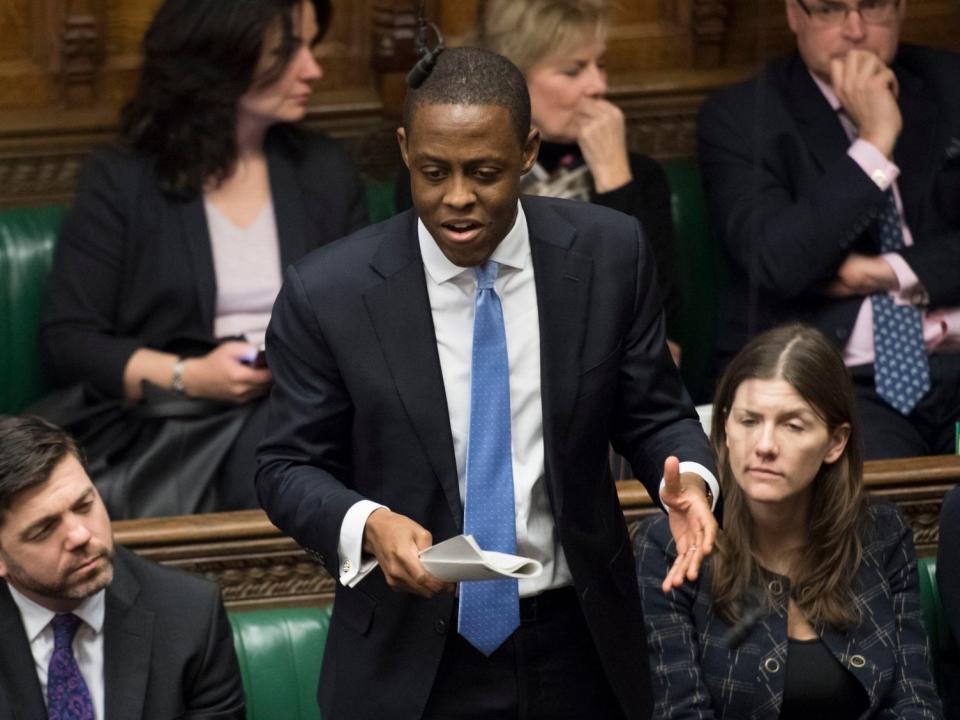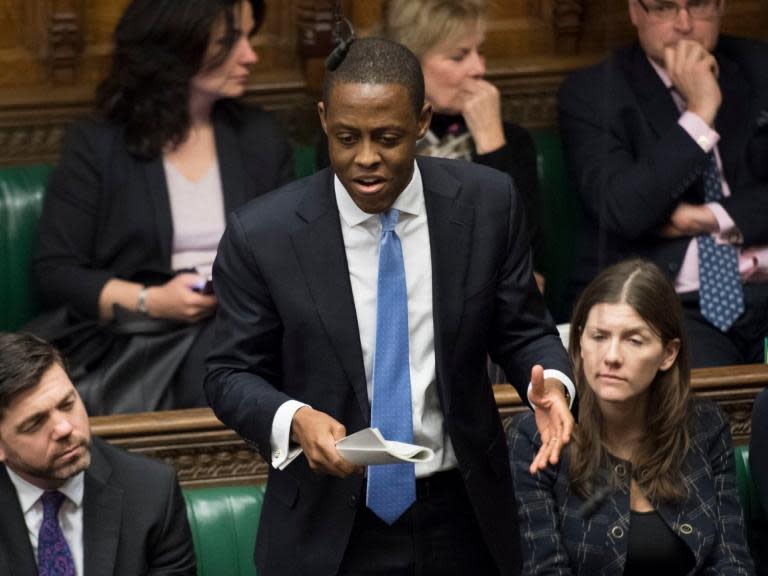Bravo for using your proxy vote, Bim Afolami – but now it’s time for the Tories to reform paternity leave for all
A glimmer of light in this politically turbulent week has been the news that Bim Afolami will become the second MP to take advantage of proxy voting. As the first male MP to do so, he has ensured an important victory for the campaign to modernise parliament. Bim’s announcement also speaks to the campaign’s relevance beyond “the Westminster Bubble”. By ensuring the rules of the House of Commons are fit for the 21st century, MPs will be better placed to demand the much-needed reforms that could support fathers across the country.
As the first MP to use the new voting system I can vouch for just how helpful Bim will find proxy voting. In his video announcement on Twitter, Bim spoke of how his proxy vote will enable him to help his wife through those “tough, tough nights” (and boy are they tough!), to take his kids to school, and to ensure his constituents’ needs are met whilst he spends treasured time with his newborn.
Bim’s personal circumstances aside, the collective pride felt in seeing the first male MP to conduct his vote by proxy should prompt renewed conversation about the provisions for new fathers in the workplace. Looking after a newborn is a huge task, and where possible, both parents in coupled families should be supported to share the workload.
In parliament, this means that all MPs – men and women alike – must be offered the support of proxy voting for an equal period of time. It means that parliamentary reform, beyond the act of voting, must continue apace. But beyond the Commons, it must prompt a serious look at how fathers remain woefully under-supported to share the demands of childcare.
As a member of the Women and Equalities Committee, I was proud to play my part in the publication of our 2018 report “Fathers in the Workplace”. The report spoke to the need for cultural change in how employers think about gender roles in parenting, but crucially, it also offered the government a list of measures to consider adopting.
Our report called for paid time off for new fathers to attend antenatal appointments and for statutory paternity pay to be paid at 90 per cent of the father’s pay. It also called for the government to analyse an alternative possible policy of 12 weeks paternal leave and pay to replace shared parental leave, for which the uptake has been dismal. According to HMRC, during the 12 months from March 2017 only 9,200 people took shared parent leave, despite around 600,000 workers being eligible to do so in that period.
In its response to the report, the government accepted the need for change but rejected many of the recommendations. It did so without offering any real alternative solutions, effectively cutting a necessary conversation short.
I am nothing but delighted to see the beaming faces of colleagues who can make use of proxy voting, but the reforms in Westminster must be matched by new opportunities for those we are elected to serve. I will gladly continue to cast parliamentary votes from my home in my constituency, but the new offer for MPs also means that I am focused on how to use the momentum of parliamentary reform to transform provision for parents in wider society. I hope that MPs from across the Commons, not least my new proxy voting colleagues, will be able to join me in doing so.
Tulip Siddiq is the Labour MP for Hampstead and Kilburn

 Yahoo News
Yahoo News 

